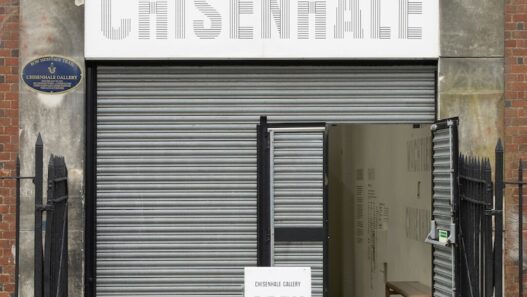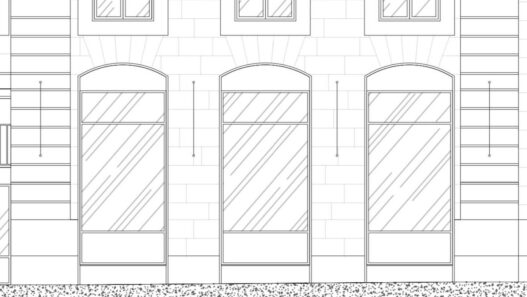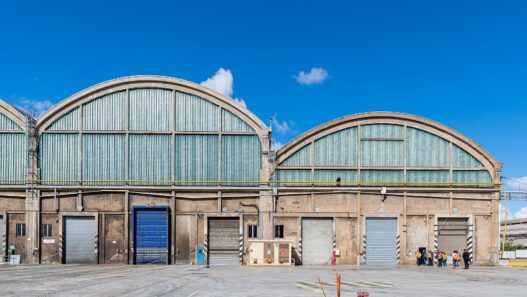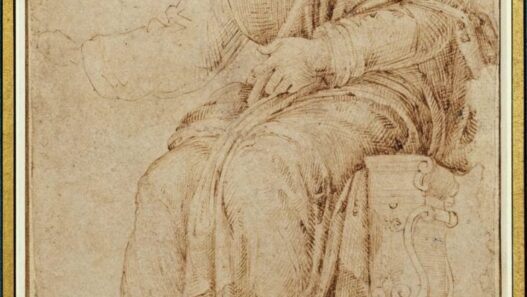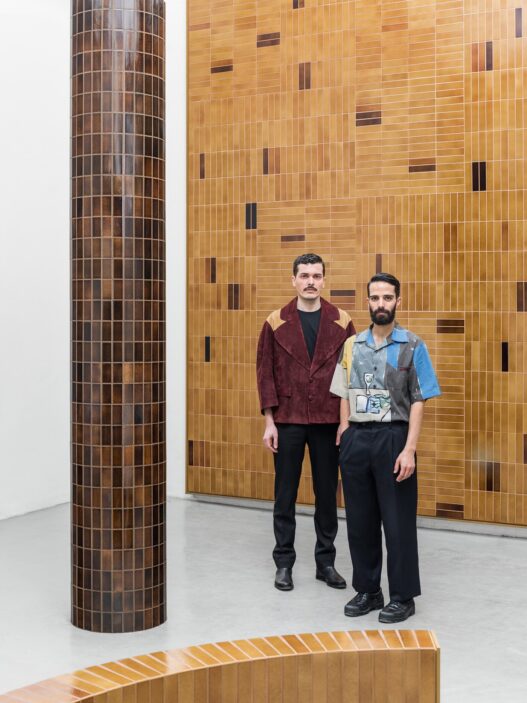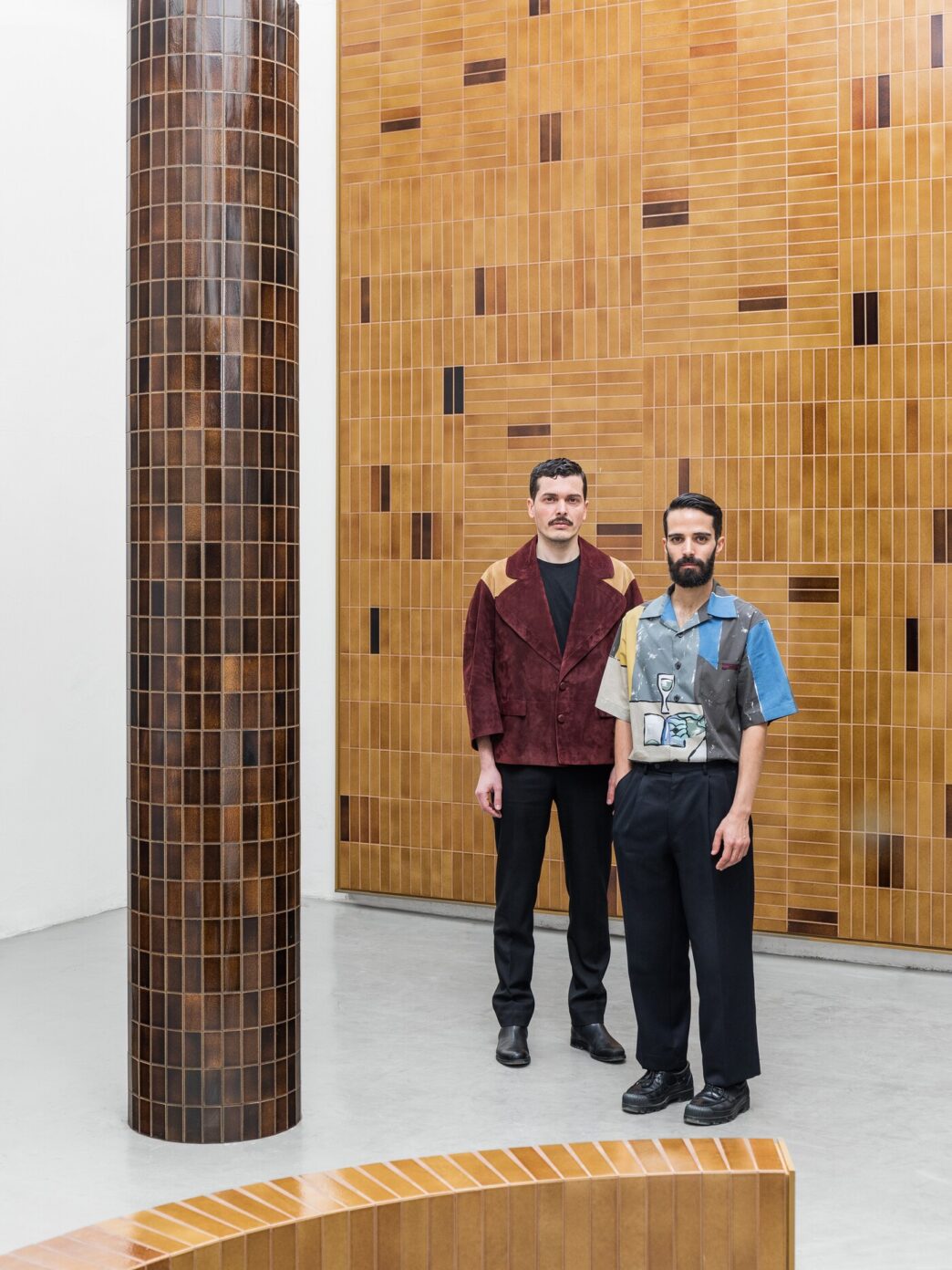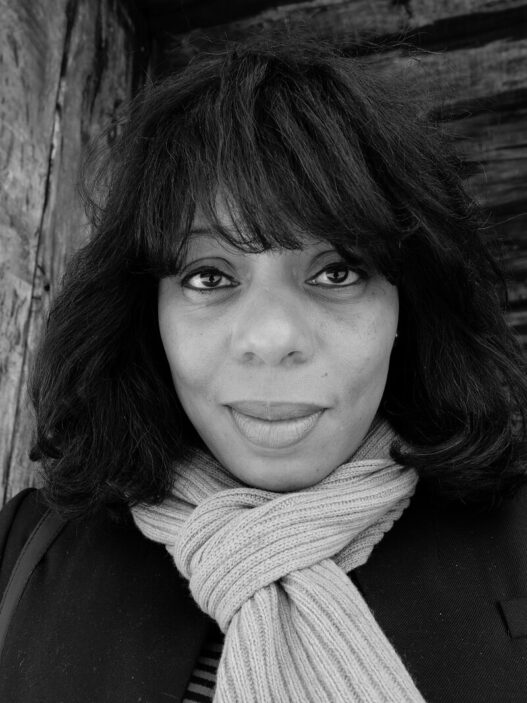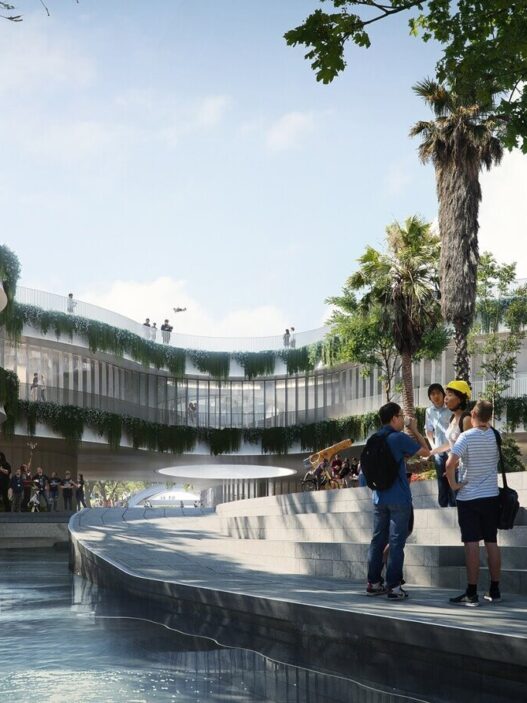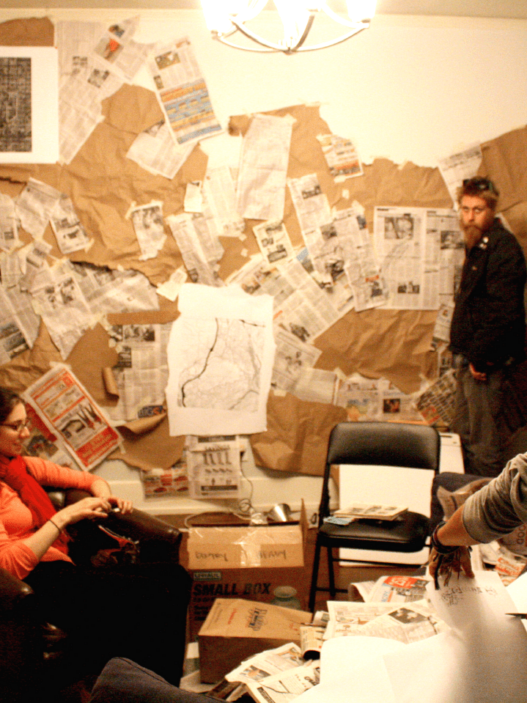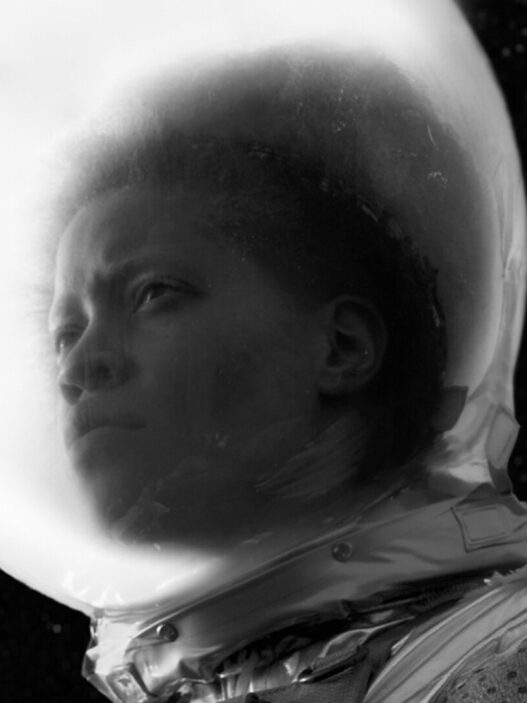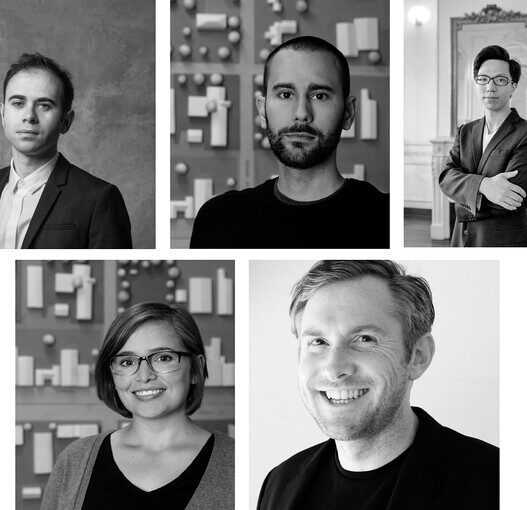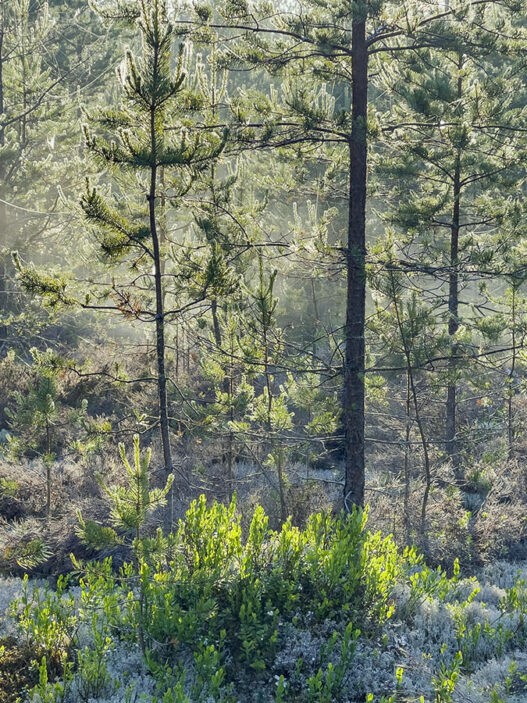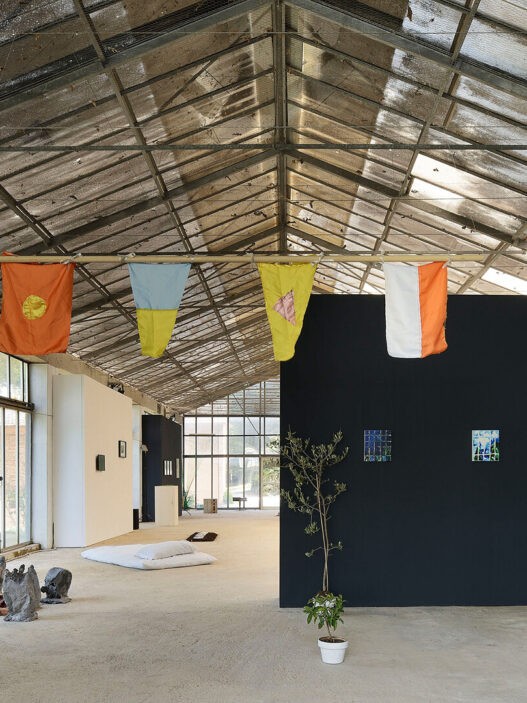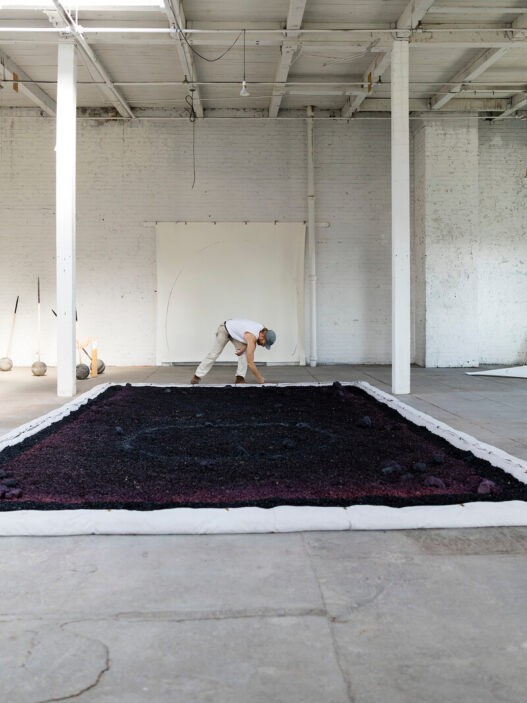Call for applications
July 17–August 27, 2022
Summer school 2022: The School of the Untold
Designers, architects, and artists can now play a crucial role in the global system, but they must quickly broaden their knowledge and viewpoint beyond self-referential practices. We urgently need to review our understanding of material supplies and production as our planet’s finite resources grow more scarce. The famous design firm Formafantasma, established in 2009 by Andrea Trimarchi and Simone Farresin, has been named Head of School for this academic year. Participants are invited to take part in “The School of the Untold” by Formafantasma: The joint 6-week program will delve into the rich collection of the museum to uncover the unseen tales that lie behind the historic legacy of the displayed artifacts in order to analyze the intricate entanglements of today’s dealing with resources through materiality.
Designers and architects, as well as theorists, performance artists, curators, filmmakers, and philosophers, will lead weekly workshops, collection tours, and talks. The program examines material histories, cultural worldviews, the interaction of tradition and local culture, colonialism and extractivism, the relationship between humans and non-humans, and the relevance of things as cultural conduits. Participants will have the chance to develop new methodologies that combine practical material skills with cutting-edge media forms, historical philosophy with urgent critical dialogue, and open collaboration with strategic subversion.
Workshops
Week 1 (July 17–23)
Wood: Archive of the Lost Forest
The Museum as a Festival (Terraforma Festival, Ruggero Pietromarchi (Italy))
Toy Corners (Izaskun Chinchilla Moreno (Spain))
Week 2 (July 27–30)
Metal: A Geography of Malleability
Casting Journeys (Johanna Seelemann (Germany, Iceland))
MOOD BOARDS: Scrambled Temporality (Floriane Misslin (UK))
Week 3 (July 31–August 6)
Earth: Archeological Illusion
Question, Reframe, Expose, Repeat (Irakli Sabekia (Georgia, Netherlands))
Wood, Objects and other Stories (Guiditta Vendrame (Italy, Netherlands))
Week 4 (August 7–13)
Plastic: Performative Plasticity
The Untold River Composing Forces Among Us (Future Farmers (US, Belgium))
Transitive Matters (Studio Plastique (Belgium))
Week 5 (August 14–20)
Miscellaneous: Mundane Hardware
Comrade Animal (Parasite 2.0 (Italy, UK))
Material Flexibilities (Buro Belén (Netherlands))
Week 6 (August 21–28)
Immaterial: Beyond the Plinths
De-/Reconstruct (Armature Globale by Luigi Alberto Cippini)
Invisible: Beyond the Plinths (Martina Muzi (Italy, Netherlands))
Design Campus
The Design Campus is a curatorial-driven, interdisciplinary, and future-focused platform for rethinking the world’s largest challenges through design techniques and culture. It functions as both an internal think tank and an outward connector and incubator. The Design Campus aims to encourage big, idealistic, systemic, utopian thinking back into design work and to reassess the function of decorative and applied arts museums along the way. It is rooted in current global challenges and in communication with historical and transdisciplinary knowledge. The objective is to delve deeper and look for more advantageous paths. In order to chart a new route and even take other courses by design, we want to question the way we manage a world in crisis in all its complexity.
A yearly summer school on topics pertinent to the museum, its upcoming projects, and the global community is a component of this effort. The Design Campus provides a number of one-week seminars each year as part of its six-week summer school program, under the direction of eminent creative industry experts.
Who can apply?
Curious, restless, dreamer of better places, creative, fearless, social, collaborative, interested, engaged, inquisitive, designer, architect, artist, scientist, curator, journalist, engineer, developer, photographer, filmmaker, skilled students, recent graduates or young-professionals, open-minded people: welcome!
Why
Great chance to think and dream big, with like-minded people, learn new skills, get involved in future projects in the museum, its environs, and its network, and perhaps change the world by design.
Stay tuned and sign up to our newsletter to get to know first-hand about the summer school’s workshops, programs, and how to apply: designcampus.org
Matthäikirchplatz
10785 Berlin
Germany


